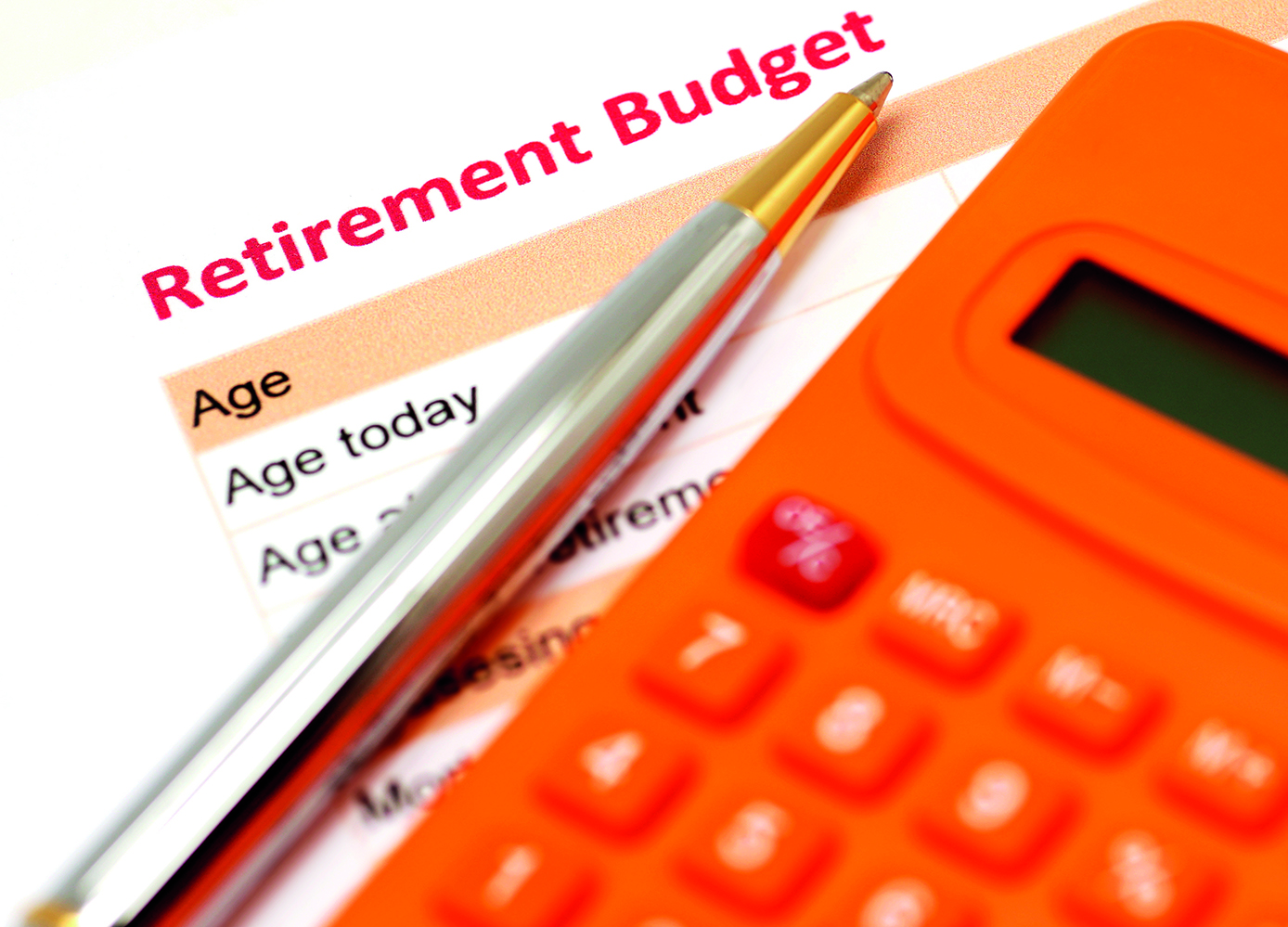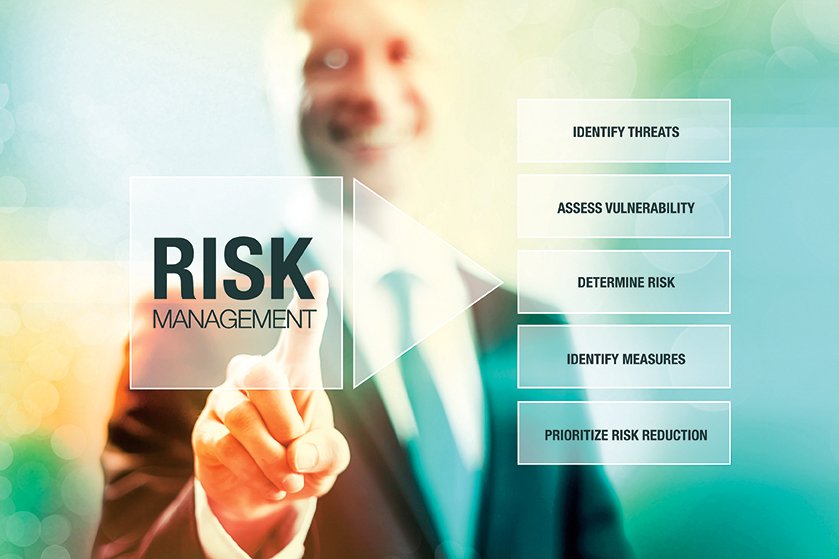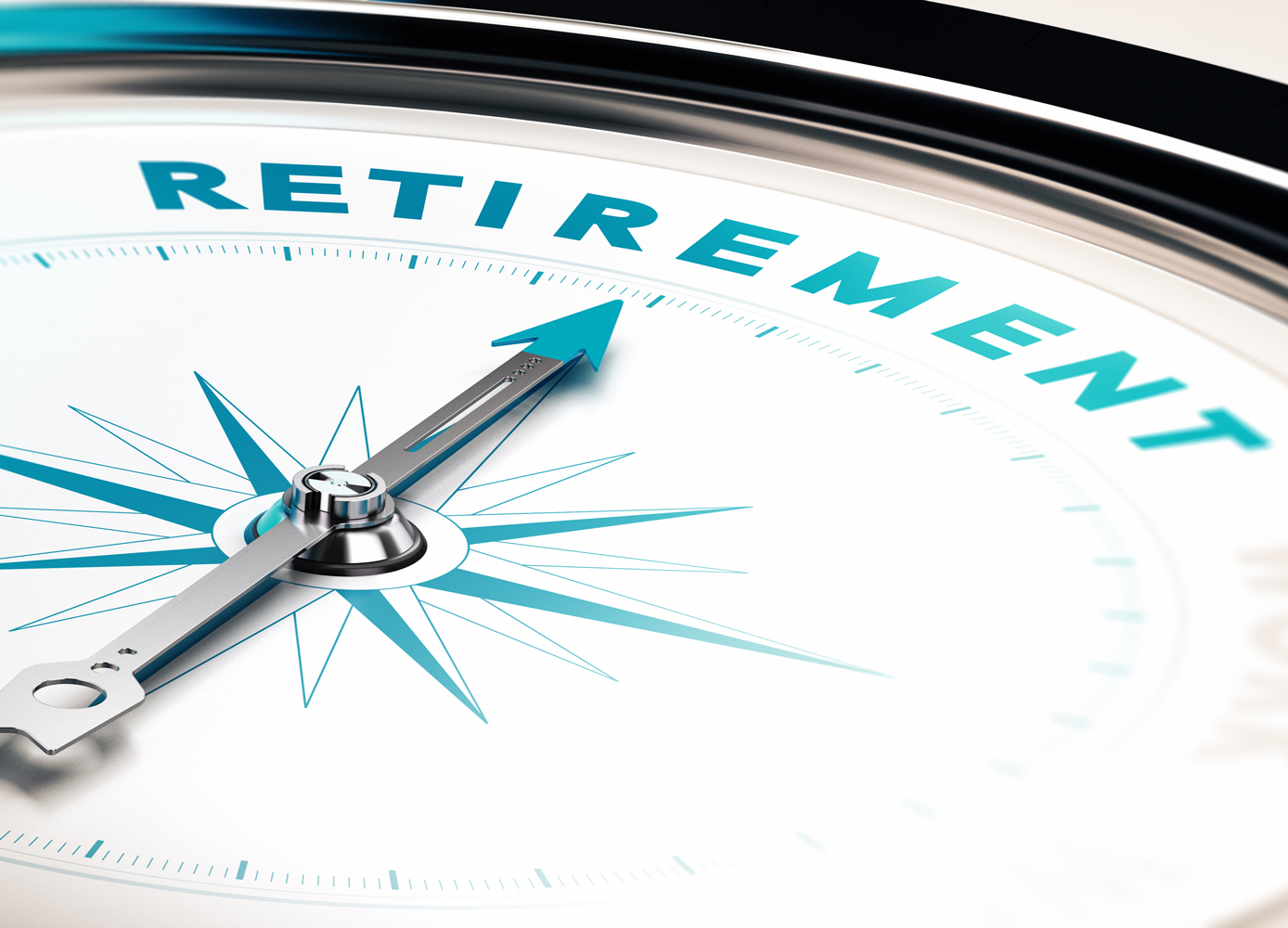We’re living longer than ever before, and a longer retirement requires careful planning. We consulted four experts about what should go into that planning
By Olev Edur
First, the good news: we’re living longer than ever before.
A few generations ago, retirement at the age of 65 typically meant only a few years of leisure, but according to a 2014 Sun Life study, life expectancy at 65 is 84 for a male and 87 for a female. And, the study notes, “at age 65, the chance of the last survivor of a male-female couple living to age 90 is more than one out of two.” Living to 90—or older—means a retirement lasting 25 years—or longer.
Now for the sobering side to these numbers: the question of how to finance all those additional years. And for many, there’s also the psychological challenge of figuring out what to do with all that spare time.
In addition, most of us will spend a number of those years in less than perfect health, according to a 2012 StatCan report by the Public Health Agency of Canada Steering Committee on Health-Adjusted Life Expectancy. Depending on factors such as income, lifestyle, and pre-existing health conditions, a retiree’s “health-adjusted life expectancy”—the number of years he or she can expect to live in a healthy state—could be five years fewer than the average figures cited above.
Retirement is no longer a single unvarying period, but rather a progression through three distinct stages. Initially (ideally) your health is good and your time is filled with activities such as travel and recreation. Gradually, as you age, activities become less physical and occur closer to home, with commensurately lower costs. And eventually the time will come when you need some help.
“We often describe the three phases of retirement this way,” says Janine Purves, senior financial advisor at Assante Capital Management Ltd. In Richmond Hill, ON. “There’s the go-go phase, when you’re really active. You’re loving the freedom and the ability to do whatever you want with your time—maybe do some travelling, volunteer work, whatever. That’s the stage we obviously look forward to and think of as our retirement.
“Next, there’s the slow-go phase, when you’re starting to age a bit, maybe starting at 75 or 80,” Purves continues. “You start travelling less, because it’s become more tiresome, and you just don’t have as much energy for all those other activities.
“Then there’s the no-go phase, when it becomes hard to get around and you start having more health issues, and that might be the phase in which we spend most of our retirement,” Purves says. “You need to be cautious about overspending because of this concern.”
All of which makes retirement planning more important (and complicated) than ever before. This is a time when professional advice can be invaluable. Professionals who spend their working hours thinking about finance, investment, insurance, or tax law will be familiar with all the different products and regulations that bear on your plans, as well as the strategies for maximizing the benefits.
There are, however, still many things about retirement that you must consider for yourself. Advisors can help guide your planning, but they can’t make the ultimate decisions. It’s up to you to determine your preferences and needs, catalogue your assets, and so on. And it’s up to you to articulate in broad strokes what retirement really means to you. Here are some tips and suggestions from the experts on what you should consider.
Defining Your Retirement
Before dealing with money issues, you need to develop a picture of what you’ll be doing in retirement.
“Yes, you have to look at the numbers,” Purves says, “but you’ve also got to think about the psychological and physical side. You can’t garden every day, for example, if your knees start hurting. Thinking about these issues helps you identify what’s needed and how you’re going to fill each day.
“Some people prepare over many years for their retirement, so they’re really ready to move on. They’ve thought about how they’ll fill their days,” Purves says. “If you’ve done a lot of thinking about retirement, you’ll have more things to do. It’s easier to make the transition when you’ve taken the time to think things through. When people have had the same job for 40 years, when they identify with work and there were things there that gave them fulfillment and then that’s all gone, they need to find out how to get that sense of fulfillment back.”
Of course, everyone’s picture of retirement is going to be different. Some people seek activity, while others have more passive hobbies; some people retire completely, while others keep working part- or full-time for many years into “retirement.” These choices will all affect your financial and lifestyle calculations.
“More and more people don’t completely retire now, for example, and that changes everything,” says Terry McIntyre, a financial advisor with Manulife Securities in Mississauga, ON.
In addition, life is full of change, so you need to be prepared. “Don’t make a plan that is rigid,” McIntyre cautions. “Your plan should have flexibility so that if something happens, it can be adjusted without problems. Looking at contingencies when planning takes a lot of the anxiety out of the situation.”
If you have a partner, that can change the picture, too.
“A couple might reach different phases at different times, and this is going to affect your planning,” Purves says. “For example, one of you may be at Stage Two and still want to do things, whereas the other one may be at Stage Three. Is one of you going to want to go travelling on your own?
“You have to pull all of these different elements together. You have to look at the different phases, and don’t ignore the fact that things will shift and change. Keep in mind that you most likely are going to live to age 90.”
Life expectancy will have a major influence on your planning, psychologically as well as financially, but how do you know how long you’ll be around? The figures mentioned at the outset are just averages, after all, and very few people are truly average.
“Everyone ages differently,” says Jack Courtney, vice-president of private client planning for Investors Group in Winnipeg. “My father was a contractor and started working hard when he was in his teens, so he aged perhaps more quickly than some of his peers. One financial planner of my acquaintance did no physical activities and he’s still going strong at age 96, while another ran marathons and did everything to stay healthy but dropped dead while shovelling snow. You’ve got to guess, but it’s best to plan on the safe side and aim for 95—most planners build their projections around the assumption of a lifespan to age 95. But you also need to look at your family health history and your lifestyle. Your finances will tie into your longevity and health expectations.”
Photo: iStock/leisuretime70.





